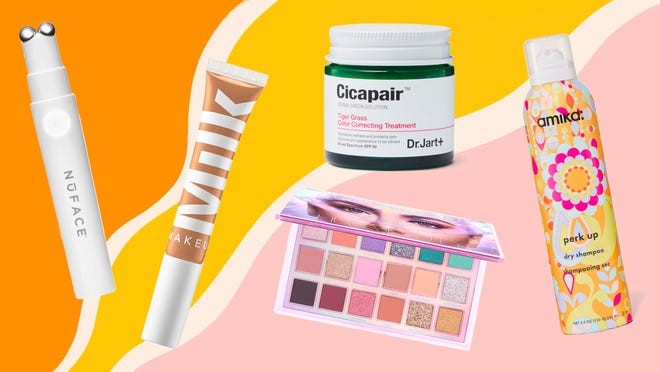It was an significant realization. My early ambition was to be an actor, and the handful of Black females I observed on Television and in films — Diahann Carroll, Nichelle Nichols — ended up glamorous, but emotionally inaccessible, as “done” as their impeccable hair and makeup. Ditto the street superheroines like Teresa Graves and Tamara Dobson in the so-called Blaxploitation motion pictures of the 1970s as Christie Adore and Cleopatra Jones, they had been attractive and confident but appeared to propagate an urban myth of Black men and women as Teflon-hard. In distinction, Tyson embodied, and embraced, the resilience of each day existence that was knowledgeable by obvious times of question, and even despair. She was regal but normal, features emphasised by her dim skin that for generations had consigned Black women to taking part in archetypal maids or mammies (the epitome of Teflon) when they acquired roles at all.
Next to her performing acumen, across a 7-ten years career that spanned flicks, Television set and plays, Tyson’s biggest contribution to the enjoyment market was advancing a beauty normal that — the bravura of the Black Energy movement notwithstanding — was deeply radical. It continues to be so. As a female, I was taken aback by her seem, which I and many other Black ladies had been conditioned to see as unpretty: dim-skinned, with decidedly non-European capabilities, favoring braids and natural hair. These types of an aesthetic experienced lengthy been turned down as way too African in a enterprise that turned down even light-skinned Lena Horne-styles as far too colored for regular function, let on your own authentic stardom. Tyson struck a blow not just to that idea, but also to the ancient phenomenon of Black self-loathing.
As liberating as Tyson’s prominence was, it didn’t come to be the norm. Immediately after the ’70s, when Tyson was at her peak, it took a pair much more generations for darkish-skinned Black women of all ages — for Black gals time period — to set up a existence and depth on the display. In movies and across media platforms, we now have actors like Viola Davis and Octavia Spencer, both of whom appeared with Tyson in The Assist, a 2011 film about maids that is at least Black-centered. On HBO, there’s Issa Rae, who has crafted on Tyson’s legacy in getting Black, wonderful and together, but vulnerable, even — possibly even principally — “insecure.” Rae has swiftly expanded from remaining an actor to staying a producer, talent scout and influencer, setting up other Black women of all ages to be the exact. It’s all quite encouraging, and I hope it lasts.
There are still miles to go. When “Insecure” has staked out significant new place and psychological territory, it has mostly been lauded for a variety of sharp comic sensibility we have a tendency to associate with Black efficiency. Tyson was a extraordinary actor who resisted hipness. She did not normally parry Black discomfort with comedy, profanity or wicked comebacks. She was not polished or fly. Which is what built her great, and groundbreaking.
I grew up to be a writer, not an actor. But 50 a long time on, I nevertheless harbor goals of the display and stage. Tyson acted her whole life, in no way allow go of what she loved to do and how she beloved to do it that certainty, and a sure glamour that went alongside with currently being so self-possessed, truly increased with age. It is just just one much more illustration she established that nonetheless waits to be joined by far more illustrations, and to make that leap into custom.

